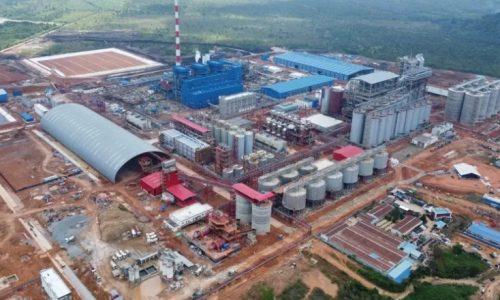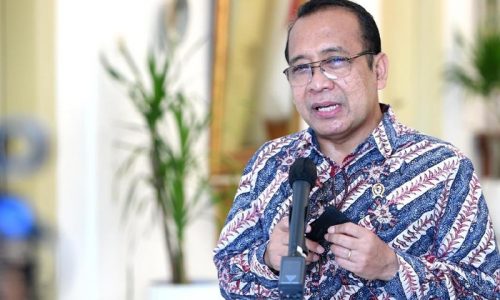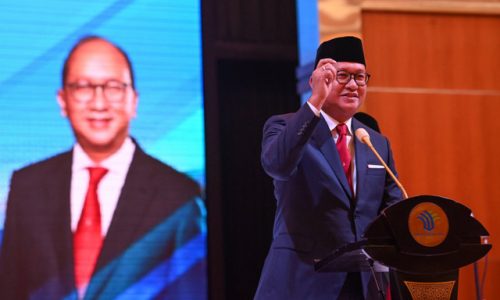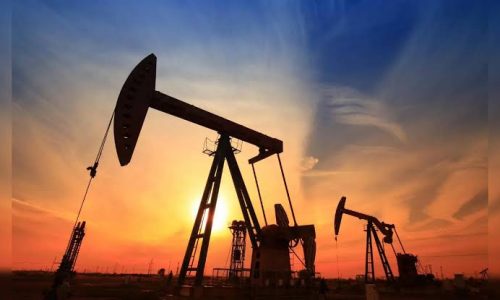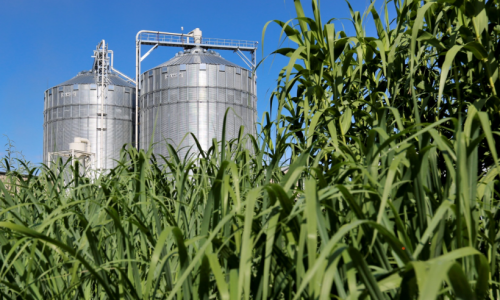The Indonesian Upstream Oil and Gas Regulatory Task Forces (SKK Migas) reveals that China has expressed interest in utilizing Enhanced Oil Recovery (EOR) technology to rejuvenate Indonesia’s aging oil fields, potentially boosting production and reserves significantly.
EOR is a method typically employed in mature oil fields to extract additional oil by injecting energy materials or specific fluids that are not naturally present in the oil reservoir.
“During our recent visit to China, we observed that they have been implementing this technology for quite some time. In Indonesia, EOR has only increased production and reserves by 30 percent, whereas in China, the results are approaching 50 percent,” Dwi Soetjipto, Head of SKK Migas, said on June 6, 2024.
EOR is generally applied to extract remaining oil that cannot be produced using primary and secondary recovery methods, such as water flooding. Some well-known EOR techniques include steam flooding, chemical flooding, and gas flooding.
“EOR, especially chemical EOR, increases production due to higher recovery rates. Thus, it leads to additional reserves and production. They [China] are offering to implement their developed technology here,” Dwi said.
Based on SKK Migas’ assessment, Indonesia has an EOR potential of 950 million stock tank barrels (mmstb), spread across 12 project sites throughout the country.
“This is very significant. As seen from the graph, water flooding and EOR cover a wide area, considering these potential numbers,” Dwi said.
SKK Migas highlights EOR as a critical effort to enhance national oil and gas production. The following are the 12 projects identified with EOR potential:
- Pertamina Hulu Rokan on Minas-A (ASP) 2.3 mmstb, Minas-B,C,D,E (ASP) 0.3 mmstb, Minas-D Stage-1(P) with a potential of 505 mmstb;
- Pertamina Hulu Rokan on Rantaubais (Steam) 86.22 mmstb;
- Pertamina Hulu Energi Siak on Batang (Steam) Stage-1 2.2 mmstb;
- BSP on Pedada (SP) 27.51 mmstb;
- Petrochina on Gemah (CO2) 7.65 mmstb;
- Pertamina EP on Ramba (CO2) 53.9 mmstb;
- Pertamina Hulu Energi OSES on Rama (SP) 43.3 mmstb;
- Pertamina Hulu Energi ONWJ on E-Main (SP) 17.80 mmstb, Zulu (P) 29.10 mmstb;
- Pertamina EP on Sukowati (CO2) 65.3 mmstb;
- Petrogas on Walio (SP) 2.3 mmstb;
- Pertamina Hulu Mahakam on Handil (SP) 64.9 mmstb;
- Pertamina EP on Tanjung (P/ASP) 53.1 mmstb.
This collaborative effort between Indonesia and China is expected to lead to significant advancements in Indonesia’s oil production capabilities, reducing dependency on imported oil and boosting the local economy.



